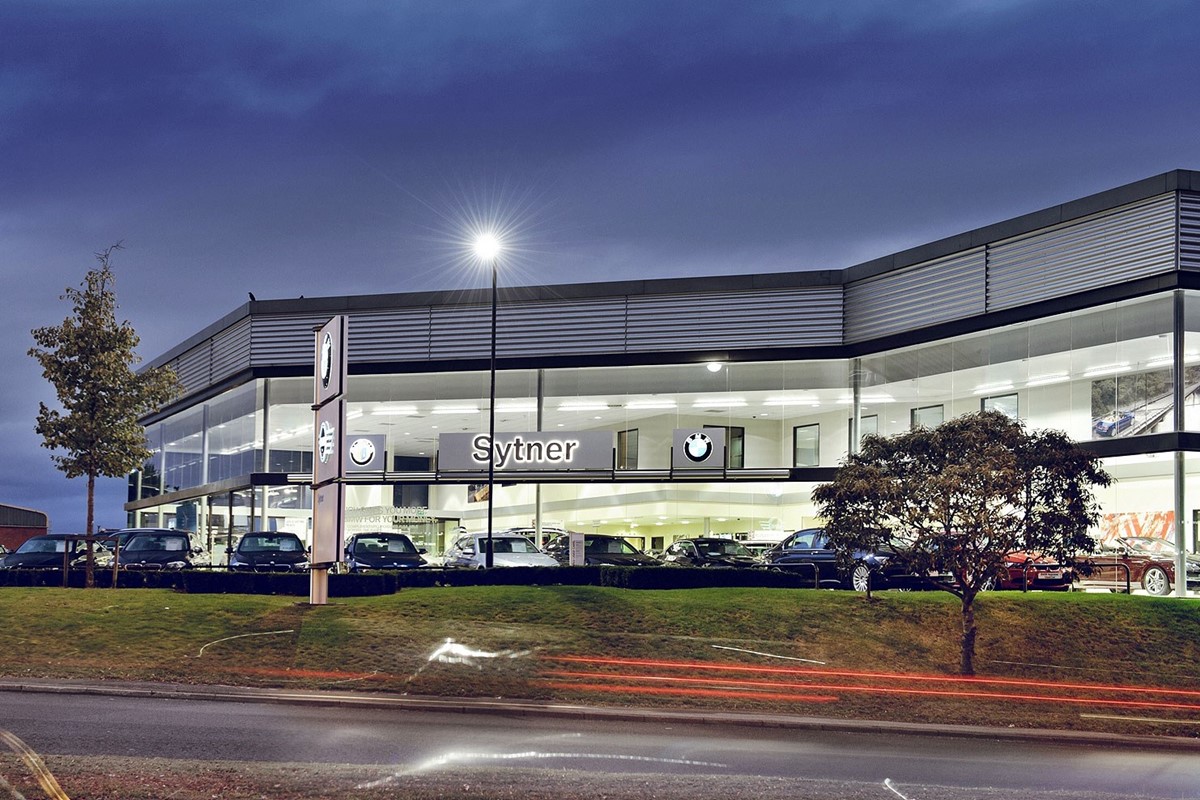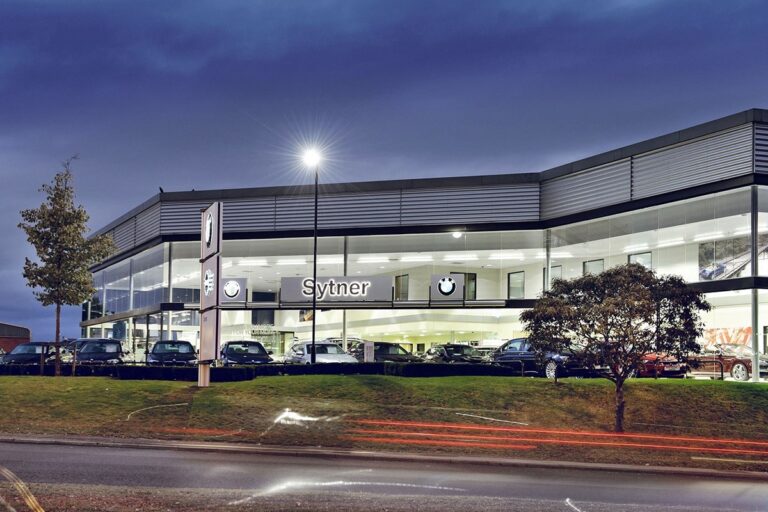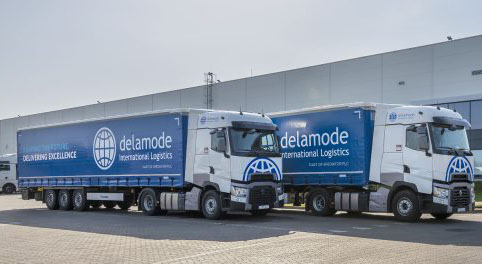Vertu Motors plc (LON:VTU) is the topic of conversation when Zeus Capital’s Head of Research Mike Allen caught up with DirectorsTalk for an exclusive interview.
Q1: Vertu Motors have released their first half results for the six months ended 31st August, can you talk us through the key points?
A1: As you say, interim results for the first six months to August, clearly a tale of two quarters really.
So, first quarter of the financial year was heavily impacted by the lockdown, the 10-week period of lockdown that we had, although I think the group was trading well in March prior to lock down, but clearly that was the key highlights in Q1.
In Q2, we saw a phenomenal bounce back during that period and clearly, there was an element of government support but there was also pent up demand and the group had worked very hard on their digitalisation strategy, cost efficiencies etc. as well so they emerged very well during the second quarter of the year and indeed in September too.
Q2: What they the only key drivers, would you say?
A2: I think just looking at the business in a bit more detail, I think used cars margins were very strong, the group made a tactical decision in that they saw a supply constrained environment and they went for margin over volume which worked very well for them. New car was quite difficult due to lower bonuses on the back of lower activity from lockdown but the underlying retail margins in new was actually fairly robust. After sales, we saw about 8% growth in service and there was very clear pent up demand there which the group benefited from as well. They’ve also talked about £10 million of cost savings that they found across the group and they have worked on a digital strategy as well to ensure a better journey for the consumer.
So, I think, during this time, on many aspects, the company has become a better business.
Q3: When you were modelling your forecasts, what approach have you taken?
A3: We have brought forecasts back into the market so our forecast for February 2021 may be a conservative approach that we’re taking but having said that, we’ve still got Brexit around the corner, the impact on the economy through rising unemployment, impacts of COVID etc. is still reasonably unknown actually going into the fourth quarter.
We’re assuming a PBT of about £18 million for that year, they have indicated that they’ve had a record September in terms of profits so we’ve pencilled in a good profit there but taken a conservative approach for the fourth quarter of the year.
I think modelling the business in 2022 and 2023 is very difficult and that’s something I’ve had to take in myself really without any company guidance but we’re assuming that the company can generate profit in excess of £20 million. Now, the big caveat to that, obviously, is some of the uncertainties but I think you’ve also got to put into context the significant amount of government support they’ve had this year as well which won’t recur in the following future years.
I think what this group has proven is in difficult times this business can perform well, they can generate cost efficiencies and they’ve got a fantastic platform so we’re happy to bring our forecast back into the market, albeit there are risks attached to that.
Q4: In terms of fair value, how do you view the company?
A4: We’ve looked at it again having had forecasts in the market, we come out with an average for valuation of about 62p per share, we’ve looked at it in different ways.
Net tangible assets per share, it’s about 47p which we think is a kind of very basic milestone there, but obviously some good upside and we’ve looked at kind of some of the parts basis as well, they’ve got £230 million of freehold long leasehold properties.
I think the underlying business, we’ve seen new entrants such as Cazoo come into the market with valuations in excess of £2 billion pounds when you look at the volume that VTU do, they generate £1.2 billion views of used car revenue yet their enterprise value is about 120. Cazoo has got an enterprise value in excess of £2 billion, they might do £120 million of revenue in the next year so there is a mismatch there but, obviously, it’s good that there’s new entrants that are coming into what is quite a big and perhaps more resilient market than what people expect.
We’ve also looked at long term DCF calculations etc. as well but we haven’t put in any value accretive assumptions in terms of M&A or share buyback purchases as well and I think that will be part of the investment case going forward.
Q5: Finally, Mike, why do you think it should be a successful consolidation?
A5: Clearly, they’ve got a very good management team which has been together for a long time, since 2006 and beyond actually from the Reg Vardy days, they’ve clearly got very efficient platform as we see today from the results.
I think they are moving towards the future with their digitalisation strategy, they’re also looking at robotics in terms of cost efficiencies as well and I think that will be a recurring theme. They’ve got a very strong and flexible balance sheet, which again they’ve proven today in difficult circumstances how flexible that is.
Clearly, they’ve got very good relationships with OEM’s and I think OEM’s at this kind of juncture need well capitalised, highly experienced dealer groups that are able to give to the consumers a smooth digital journey so I think it works well, it’s a good partnership really for the OEM’s.
The industry is not easy, that is very, very clear but I think when you’ve got very strong operators, like a Vertu Motors etc. I think the price at the end of that could be bigger for them.








































